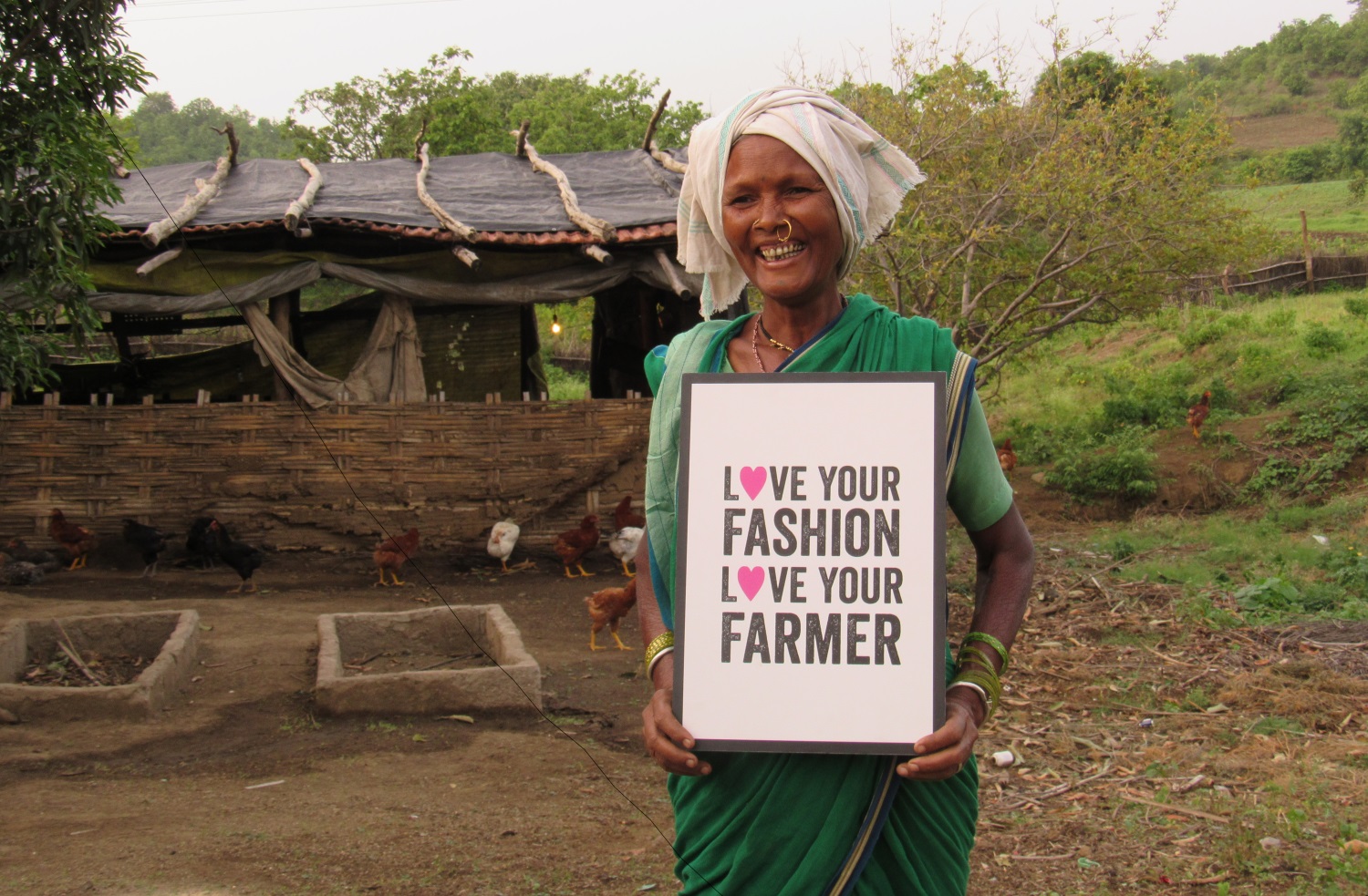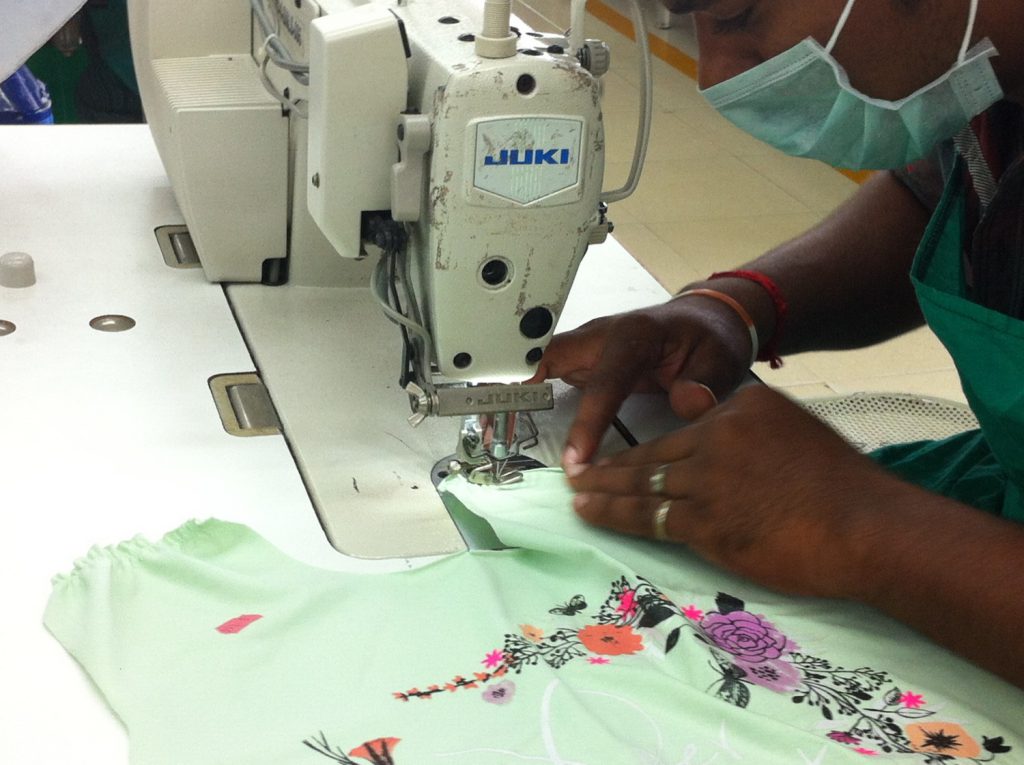The Fashion Transparency Index goes someway to revealing the worst offenders, and over 150 big brands have published information about the factories who make their clothes. In the last few years we saw some steps forward, however little was done in reality, and there still seems to be a gap between the walk and the talk. Is it really that difficult to achieve a living wage in the fashion sector?
Subindu Garkhel, Cotton and Textiles Lead at the Fairtrade Foundation, looks into this in more detail.
It is a complex problem that does not have a simple solution. To begin with, one of the arguments is that calculating the living wage is not an easy job and there might not be an agreement on the exact number. It is more important to start the journey than to continue to question and argue about it. However, Fairtrade (as a founding member of the Global Living Wage Coalition) has already done a lot of work in this respect. You can check out the benchmarks for Dhaka and Tirupur on the Global Living Wage Coalition website, while more are underway.
The main problem is that the way the industry works is broken, and there is a lack of alignment between the ethical and buying teams in large fashion labels. Changes need to be made by buyers and their buying practices if we want to see any real change. The current price structure does not reflect the true price of our garments. This too needs to change. When you look at the macro and national level it is a race to the bottom. Nevertheless, it would be much easier if brands formed long-term relationships with their suppliers. This will help to open up dialogue and trust and understand each other’s problems. In order to achieve living wages, everyone needs to work together; governments, buyers, and suppliers.

Fairtrade is here to help too, and we have developed a Textile Standard that looks at all steps in the supply chain. Fairtrade works closely with workers to empower them through collective bargaining, educating them on their rights, building unions and supporting them to find their voice in addressing their issues. Fairtrade goes beyond audits and has a focus on workers’ rights, living wages, health & safety and efficiency through the Fairtrade Textile Program.
See where to buy Fairtrade cotton
